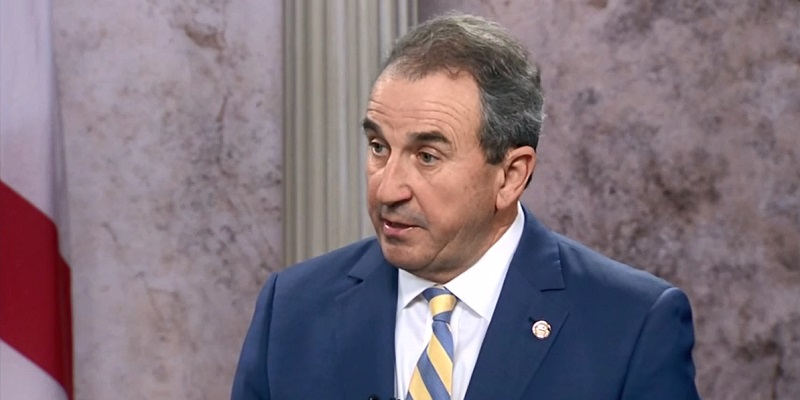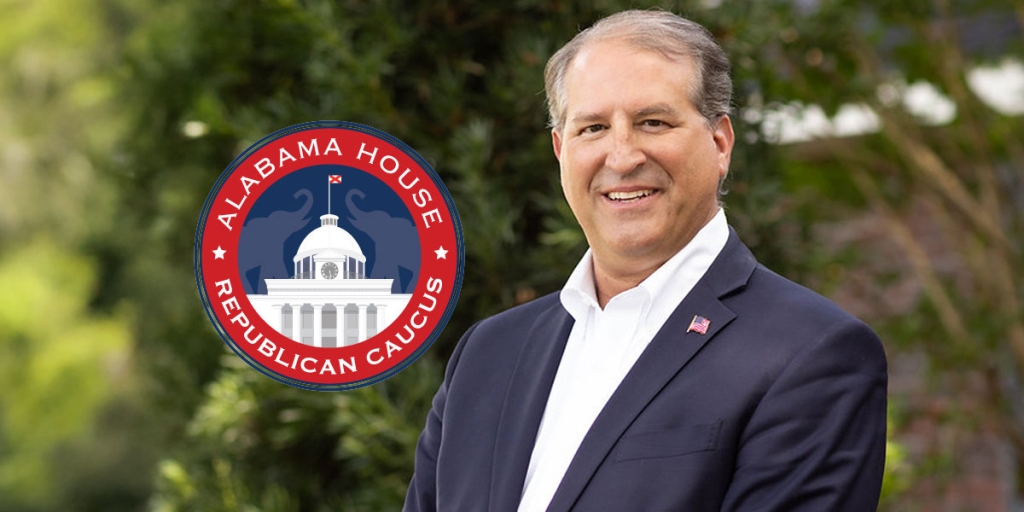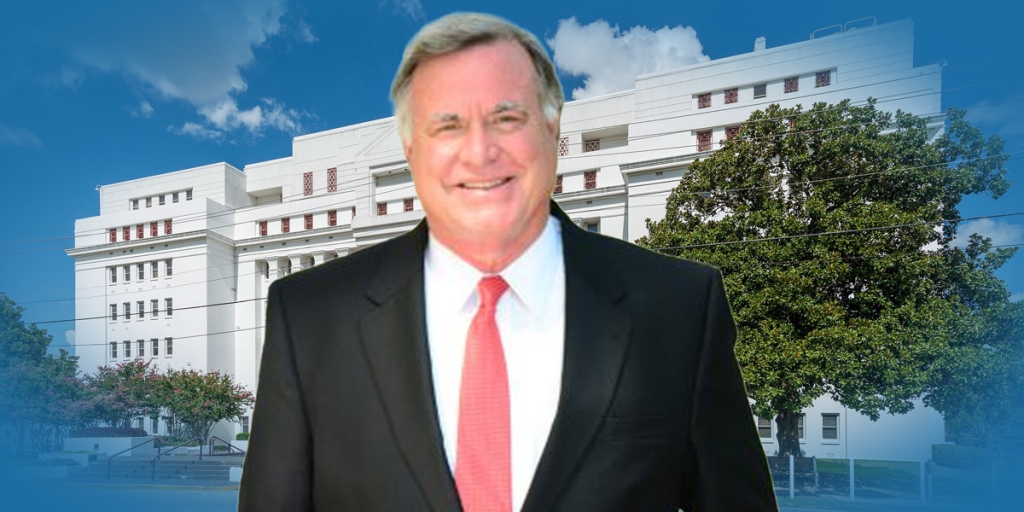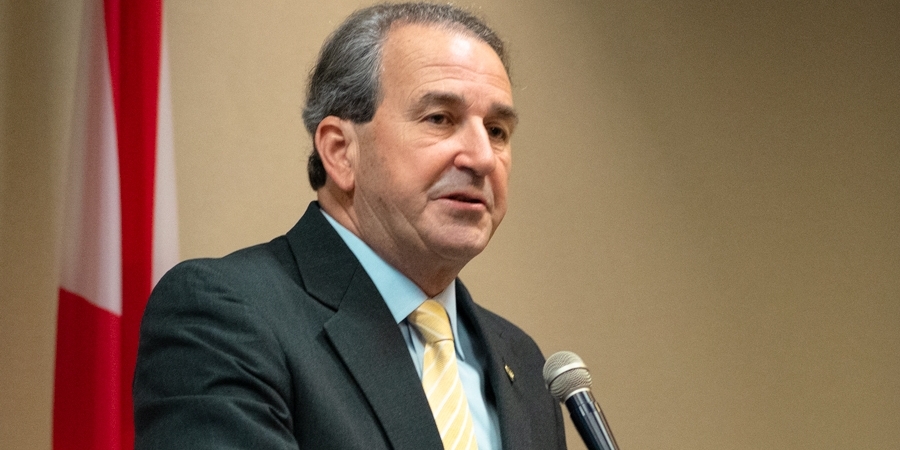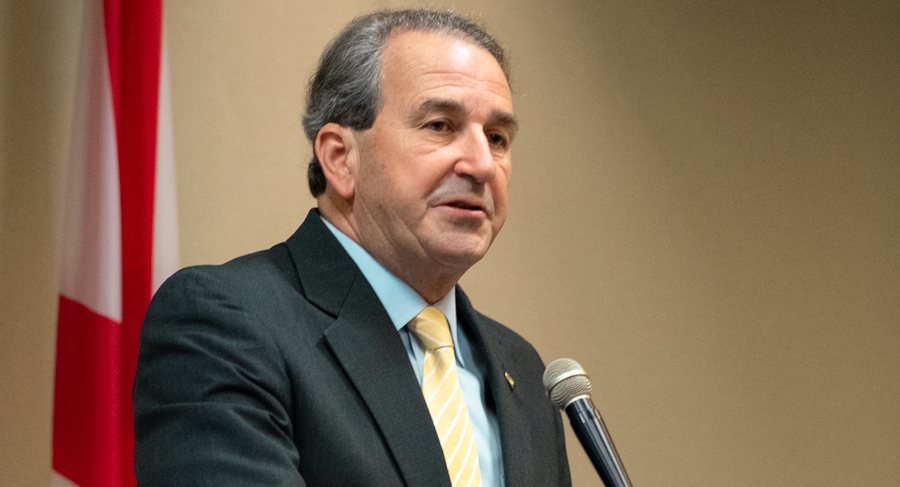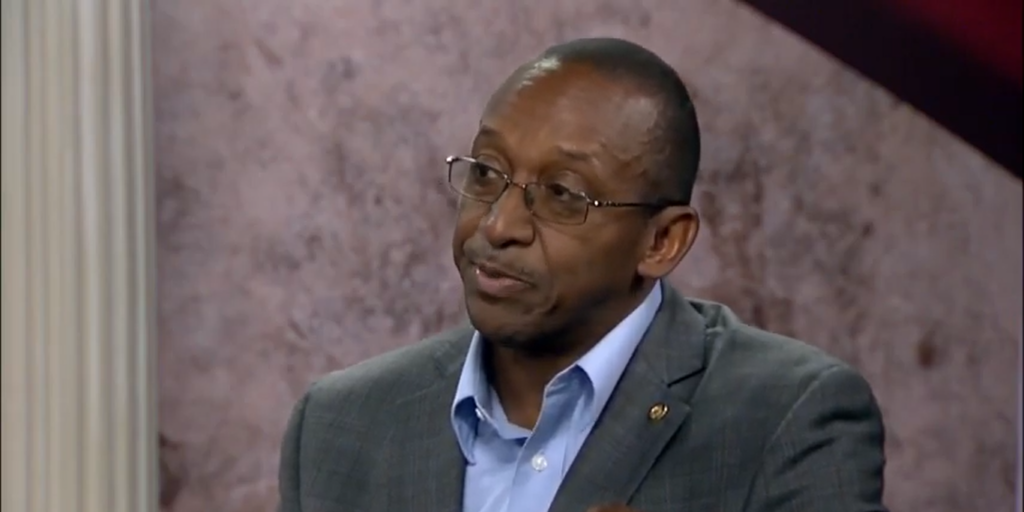With the influx of federal money into state coffers, appropriators in the Alabama Legislature are considering the wisest use of those and other revenues as the 2022 legislative regular session is now underway.
During an appearance on Friday’s broadcast of Alabama Public Television’s “Capitol Journal, State Rep. Steve Clouse (R-Ozark), the chairman of the House Ways and Means General Fund Committee, said one possibility is an investment into the creation of a so-called rainy day fund for the state’s Medicaid obligation.
“[B]ut I am looking at a bill right now along those same lines, but it is specifically dealing with Medicaid since we’ve had so many problems in the past with Medicaid,” Clouse said. “We’ve got sort of an overage there because of the fortunate emergency funds that we had due to COVID. And Medicaid — I’d like to build a rainy day fund within Medicaid to help us when that fund starts having issues again, and it will.”
“When they lower that amount we received from the feds on the emergency order, that will begin to show in Medicaid, and enrollment goes up, health care costs, as always, going up, we’ll have some adverse effects there,” he continued. “So I’d like to have this fund set up to help us get over some of those bumps.”
Clouse did not dismiss the possibility of expanding Medicaid eligibility in Alabama, along-sought policy from Democrats and the state’s medical lobby. But he explained there were regulatory and fiscal issues that needed to be considered.
“It’s hard to say on Medicaid,” Clouse added. “The rules change so much from the federal government, CMS on Medicaid. There are some good points on Medicaid expansion, particularly for providers, particularly for hospitals that have to take so much uncompensated care when people go to emergency rooms, and they don’t have insurance. But the main thing we have to look at are those recurring costs.”
“Right now, there is from the rescue plan passed several months ago — there is a health care plan where people within the 100-to-138 percent income range, which is basically the Medicaid population, can get a free policy through health insurers, primarily Blue Cross, that will cover their costs. Now that ends at the end of this year. So it’s something that is temporary. But there’s a lot of talk it’s going to be extended to the end of ’24. So we do have an avenue for people that are mainly in that income range. Not all is lost as far as that range. But it is an issue we’re going to have to continue to study as we go down the road and we get into normal times because we’re just not in normal times right now, and we’ll continue to study that issue.”
@Jeff_Poor is a graduate of Auburn University and the University of South Alabama, the editor of Breitbart TV, a columnist for Mobile’s Lagniappe Weekly, and host of Mobile’s “The Jeff Poor Show” from 9 a.m.-12 p.m. on FM Talk 106.5.




